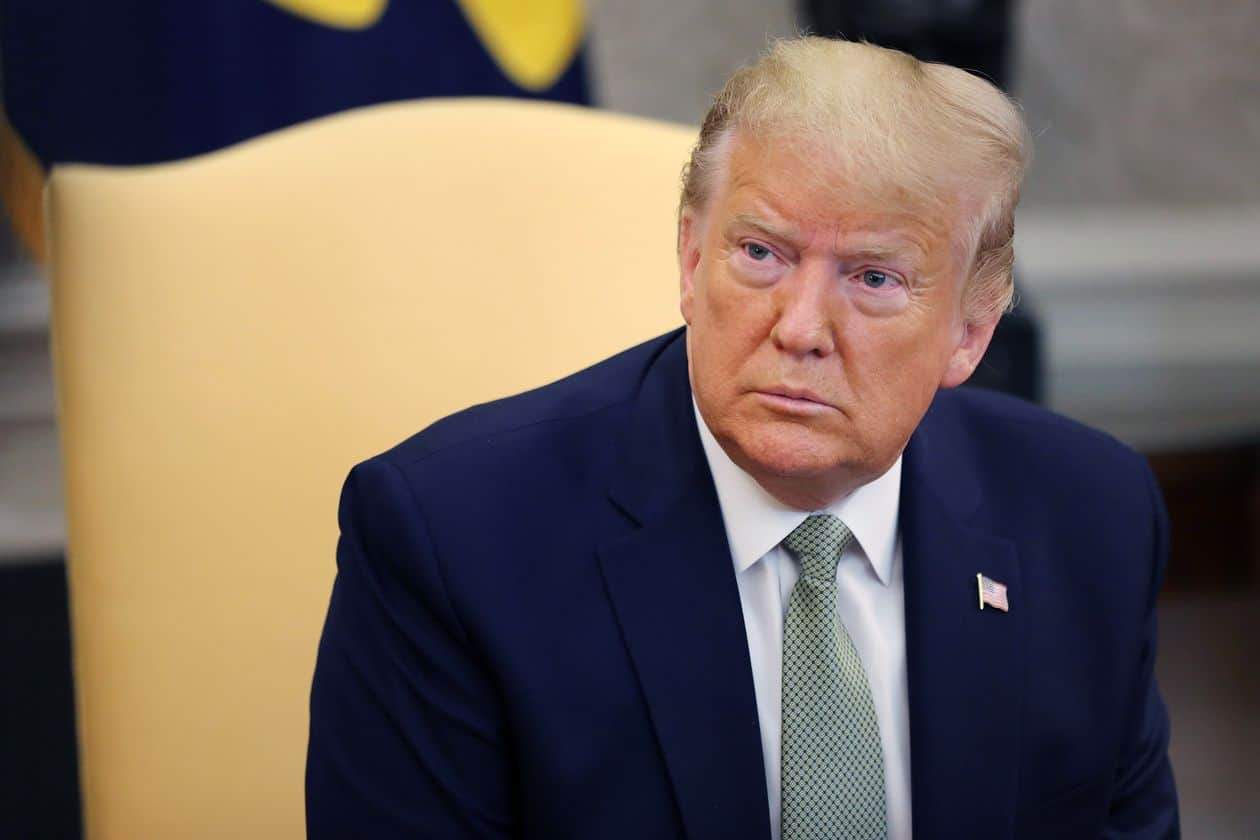Trump’s Coronavirus Travel Ban Deepens Tensions With European Allies

President Trump’s announced travel ban on Europe, beyond surprising European capitals, deepens tensions among trans-Atlantic allies whose ties are already strained over trade, security, climate change and what Europeans say is the U.S. failure to consult them.
European governments complained that the announcement, made early Thursday Europe time, came without notice and coordination on what is a global health problem. Moreover, the U.S. ban, European Union leaders said, directly affects European citizens, barring many of them from travel to the U.S., and disregards the EU’s “strong action” to contain the new coronavirus.
Mr. Trump defended the ban and the timing, saying the situation demanded fast action so not all European leaders could be notified.
“We had to make a decision and I didn’t want to take time, and, you know, it takes a lot of time to make the individual calls, and we are calling, and we have spoken to some of them prior to.… But we had to move quickly,” Mr. Trump told reporters in the Oval Office as he met with the prime minister of Ireland, whose citizens aren’t affected by the ban.
The ban—which covers most non-U.S. citizens who have traveled through 26 European countries—comes on top of other U.S. decisions made unilaterally under Mr. Trump that have dismayed European leaders. Some decisions, including the U.S. withdrawal from the Paris climate accord and the multinational Iran nuclear deal, followed pledges Mr. Trump made during his 2016 run for president.
Other decisions, such as his placing of tariffs on European steel and aluminum, which Mr. Trump justified on national security grounds, stunned EU leaders, who note that Europe contributes to U.S. security by participating in the North Atlantic Treaty Organization and other alliances.
Mr. Trump has jangled European nerves by criticizing those contributions as insufficient and by threatening to impose tariffs on European cars, also on national security grounds.
“There’s considerable friction between Europe and the United States on many fronts,” said Julianne Smith, who served as deputy national security adviser to former Vice President Joe Biden, the Democratic front-runner in the race to face Mr. Trump in the November election.
“One of the things that’s irritating the Europeans the most, though, is the administration’s failure to consult with our European allies on a number of issues,” said Ms. Smith, a geopolitics expert at the German Marshall Fund.
EU leaders and officials said imposing the travel ban without consultation is particularly counterproductive because governments need to work together to stem the spread of the coronavirus. President Trump’s decision rankled further because he said the EU failed to restrict travel from China and contain the virus, which, he said, then seeded outbreaks in the U.S.
The EU wouldn’t comment on Mr. Trump’s comments.
In a national address Thursday, French President Emmanuel Macron drew a contrast with Mr. Trump’s announcement about the travel ban, emphasizing that the coronavirus pandemic was a challenge in need of a global solution. He said any decision to close national borders would only happen when necessary and be coordinated with other European countries.
“This virus doesn’t have a passport,” Mr. Macron said, adding that he planned to speak to Mr. Trump on Friday. “Being divided won’t allow us to respond to what’s a global crisis.”
German Foreign Minister Heiko Maas said in a statement: “I believe we are dealing with a global issue and a global challenge. We don’t do it justice, including in the U.S., by taking decisions that are garnished with blame.”
The coronavirus crisis “requires cooperation rather than unilateral action,“ European Commission President Ursula von der Leyen and European Council President Charles Michel said in a statement. ”The European Union disapproves of the fact that the U.S. decision to improve a travel ban was taken unilaterally and without consultation."
A spokesman for the European Commission, the EU’s executive, said officials were still seeking to understand the scope and consequences of the U.S. decision. Eric Mamer, the chief spokesman said there were no immediate plans for any retaliatory steps but didn’t rule that out.
Mr. Trump has repeatedly accused the EU and European countries of taking advantage of the U.S. on defense and trade. He has urged them to increase defense spending and demanded a reduction in the U.S. trade deficit with the EU in goods.
European countries have pledged significant defense spending increases. On trade, the two sides recently hoped to reach agreement later this month to avert fresh U.S. tariffs on EU products.
That target date, however, now looks doubtful, EU officials said. EU Trade commissioner Phil Hogan canceled a planned trip to Canada and the U.S. in coming days due to concerns about coronavirus.
Photo: President Donald Trump talked to journalists while hosting Ireland’s leader at the White House in Washington, D.C., on Thursday. PHOTO: CHIP SOMODEVILLA/GETTY IMAGES











